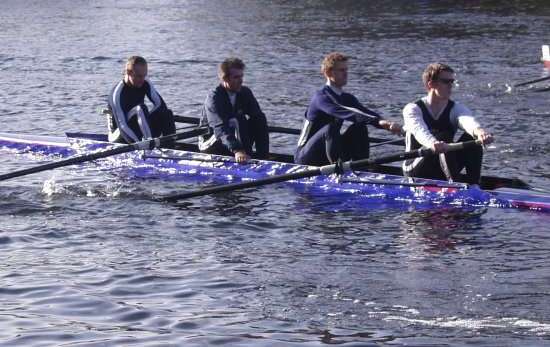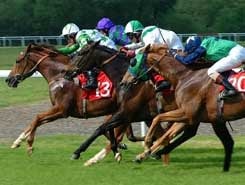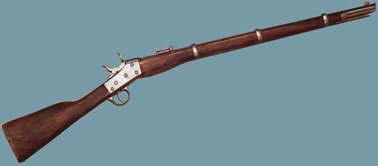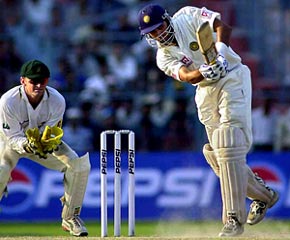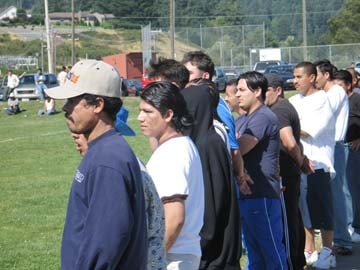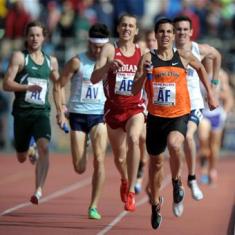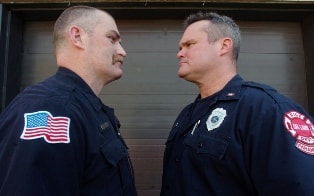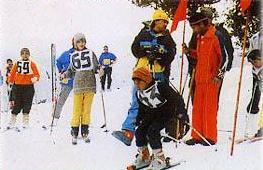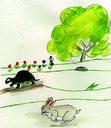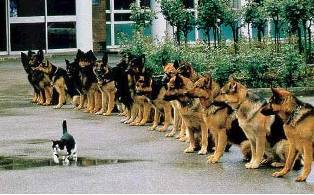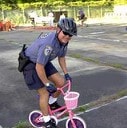ورزش در کانادا
Sport in Canada
There is a long and rich history of sport participation in Canada. Many of the sports and games Canadians currently play can be traced back to the early days of Canadian history.
In the nineteenth century, sport and games in Canada were not highly organized. Few people had the time or money for playing games. The harsher aspects of everyday life took precedence. However, around the turn of the century, several amateur sport organizations emerged. These groups attempted to organize sports competitions, set rules, and develop teams and leagues. As a result, organized competitions quickly grew in number around this period in time, especially in the 50-year period between 1870 and 1920.
Some of the earliest organized sports in Canada were rifle shooting, rowing, track and field, rugby football, skating, cricket, and golf, among others. Many of these sports were imports of sporting traditions from Great Britain. This made sense given that many of the leaders of early amateur sports organizations were recent British immigrants to Canada.
An example of early Canadian sport can be seen in the sport of rowing. Imported from the rowing traditions in England, rowing was one of the most famous sports in early Canadian history. Although relatively few Canadians actually rowed themselves, many participated as spectators. Rowing races between Canadian oarsmen and between Canadians and international competitors were famous events. Also, gambling or betting on the outcome of races attracted many spectators.
The most famous Canadian athlete of the times was Ned Hanlan (1855-1908). An oarsman, Hanlan remains to this day one of the most famous athletes in Canadian history. In fact, during his life he was famous throughout the world. A Canadian and world champion several times over, Hanlan was a fierce competitor. However, Hanlan was also famous for his appeal to spectators. He made a regular practice of gaining a seemingly insurmountable lead over his rival and then stopping to wave at the crowds on the shoreline. He would even slow down during a race, allowing his competition to catch up to him, only to take the win at the last moment. These exploits made Hanlan one of the first showmen in sport; he recognized the importance of the entertainment value of sport.
Sport in Canada has developed rapidly since Hanlan’s time. Today, Canada has a complex system of amateur sports organizations and professional leagues. In addition, in the 1960s the federal government of Canada became directly involved in the pursuit of healthy lifestyles and sporting traditions of Canadians. Today, the government provides funds for elite amateur athletes preparing for World Championships and the Olympic Games. The athletic role models produced by these government programs are crucial to Canadians in general.
trace
▶ORIGINS◀
to find the origins of when something began or where it came from
trace something (back) to something
They’ve traced their ancestry to Scotland. The style of these paintings can be traced back to early medieval influences.
His family can trace its history back to the 10th century.
The whole rumor was traced (back) to someone who had a grudge against him.
—
harsh
unpleasant or painful to the senses, e.g. because very loud or very bright:
harsh colors | a harsh voice | a harsh light (=too strong for the eyes)
—
precedence
the right to be put or dealt with before others, esp. because of greater importance: The hospital building program will have to have/take precedence over the road building program. | In the dispute over custody of the child, the court decided to give precedence to the mother’s claims. | Let’s deal with the questions in order of precedence. (=the important ones first)
Another Source
when someone or something is considered to be more important than someone or something else, and therefore comes first or must be dealt with first
ᅳsynonym priority
precedence over
Do we want a society where appearance takes precedence over skill or virtue?
Guests were seated in order of precedence .
Safety must be given precedence .
the oldest son has precedence over others
the diplomats were seated according to precednce
—
turn of the century
refers to the transition from one century to another.
existing or happening around the beginning of a century, especially the beginning of the 20th century
ᅳsee also fin de siècle
narrow turn-of-the-century streets
—
emerge
to appear or come out from somewhere
The flowers emerge in the spring.
emerge from
The sun emerged from behind the clouds.
Several interesting new poets have emerged in recent years.
—
rifle
a long gun which you hold up to your shoulder to shoot
—
rowing
the sport or activity of making a boat move through water with oars
—
track and field
sports such as running and jumping
track and field team
—
cricket
a game between two teams of 11 players in which players try to get points by hitting a ball and running between two sets of three sticks
—
relatively
something that is relatively small, easy etc is fairly small, easy etc compared to other things
The system is relatively easy to use.
E-commerce is a relatively recent phenomenon.
______________________________
spectator
someone who is watching an event or game
see also audience
The match attracted over 40,000 spectators.
—
oarsman
someone who rows a boat, especially in races
see also rower
______________________________
competitor
a person, team, firm, product, etc., competing with another or others; RIVAL: There were ten competitors in the race. | We lost the contract to our competitors.
—
regular
—
appeal
power to move the feelings; attraction; interest: Movies of that sort have lost their appeal for me. | Her novels have wide appeal.
______________________________
seemingly
—
insurmountable
too large, difficult, etc., to be dealt with:
insurmountable problems/obstacles/barriers
—
lead
the lead
the first position in a race or competition
She was in the lead from start to finish.
The Canadians went into the lead after only 30 seconds.
The goal put Holland into the lead .
The Bears took the lead for the first time this season.
—
rival
a person, group, or organization that you compete with in sport, business, a fight etc
ᅳsynonym competitor
This gives the company a competitive advantage over its rivals.
rival for
his chief rival for the job
He finished 39 seconds ahead of his main rival .
She was 2 minutes faster than her nearest rival .
a game against their old rivals , Manchester UnitedThey still remain bitter rivals (=hate each other).
Their sales have now overtaken those of their arch-rival (=main or strongest rival) .
rival company/firm/team etc
Sheena left her job and went to work for a rival company.
—
competition
the people or groups that are competing against you, especially in business or in a sport
ᅳsee also compete, competitor
Going to trade fairs is an ideal opportunity to size up the competition .
no/not much/little etc competition (=no one who is likely to be better than you)
Jones is certain to win the race; there’s just no competition.
a lot of/considerable/fierce etc competition
The team overcame fierce competition for their place in the finals. foreign/international competition (=companies from other countries that you are competing with)
Japanese PC makers now face foreign competition in their home market.
—
catch up phrasal verb
to come from behind and reach someone in front of you by going faster
catch up with
Drive faster – they’re catching up with us.
catch somebody up
British English You go on ahead.
I’ll catch you up in a minute.
—
exploit
a brave and successful act: He performed many daring exploits, such as crossing the Atlantic Ocean in a rowboat.
—
pursuit
an activity (such as a sport or hobby, which you spend a lot of time doing)
pursuits such as swimming and tennis
—
crucial
something that is crucial is extremely important, because everything else depends on it
crucial to
This aid money is crucial to the government’s economic policies.
crucial in/to doing something
The work of monks was crucial in spreading Christianity.
play a crucial role/part in something
The city of Mycenae played a crucial role in the history of Greece.
The conservation of tropical forests is of crucial importance .
a crucial moment in the negotiations.
The success of this experiment is crucial to the project as a whole.
